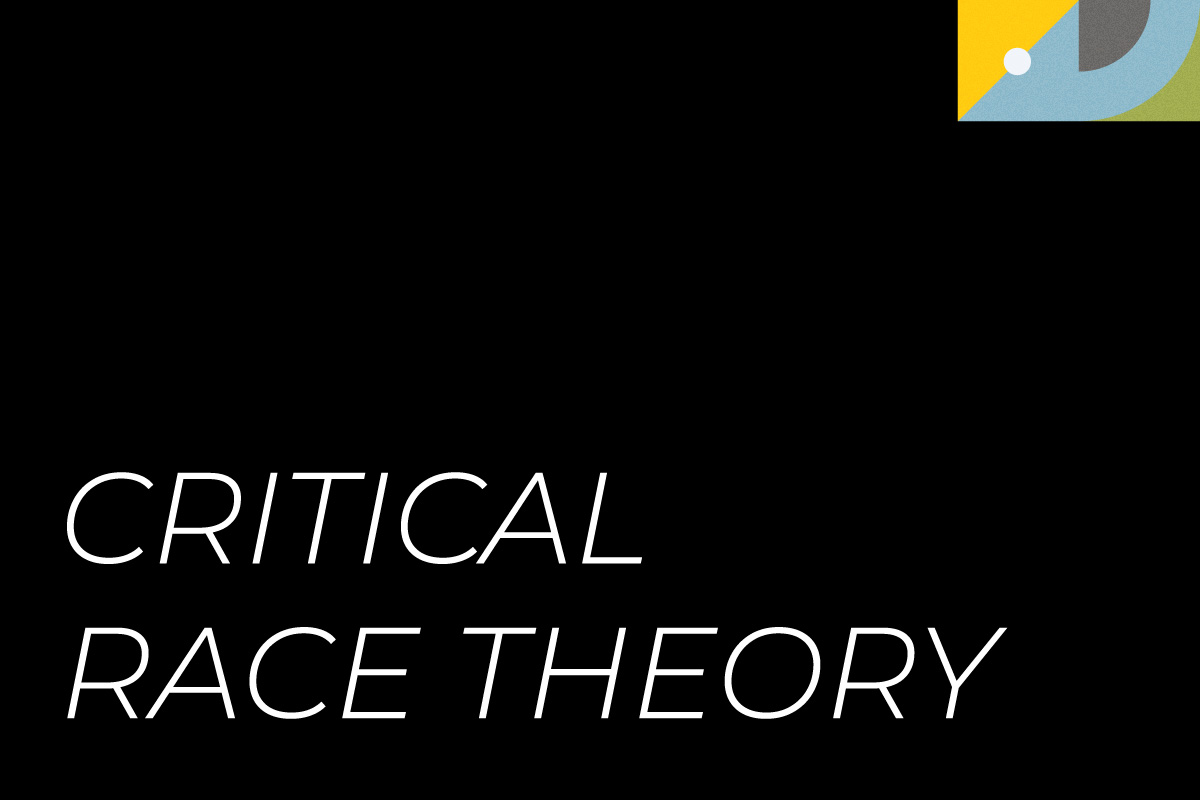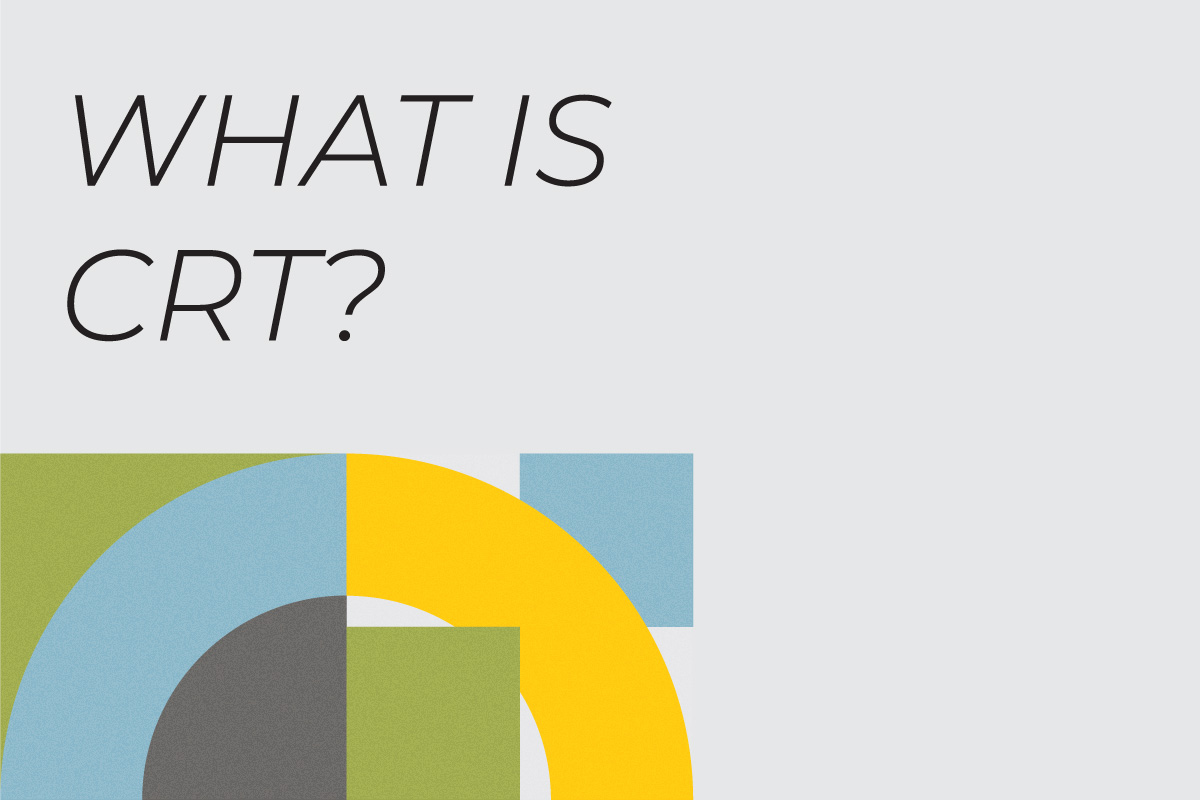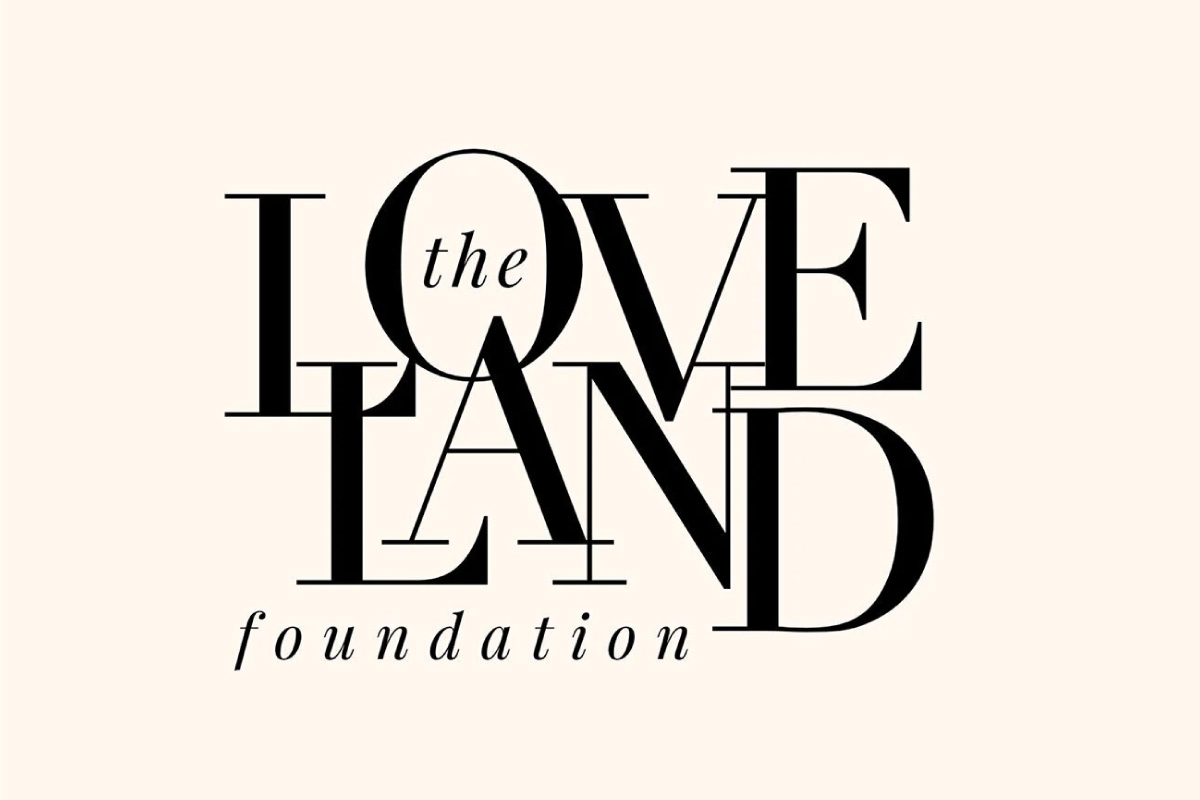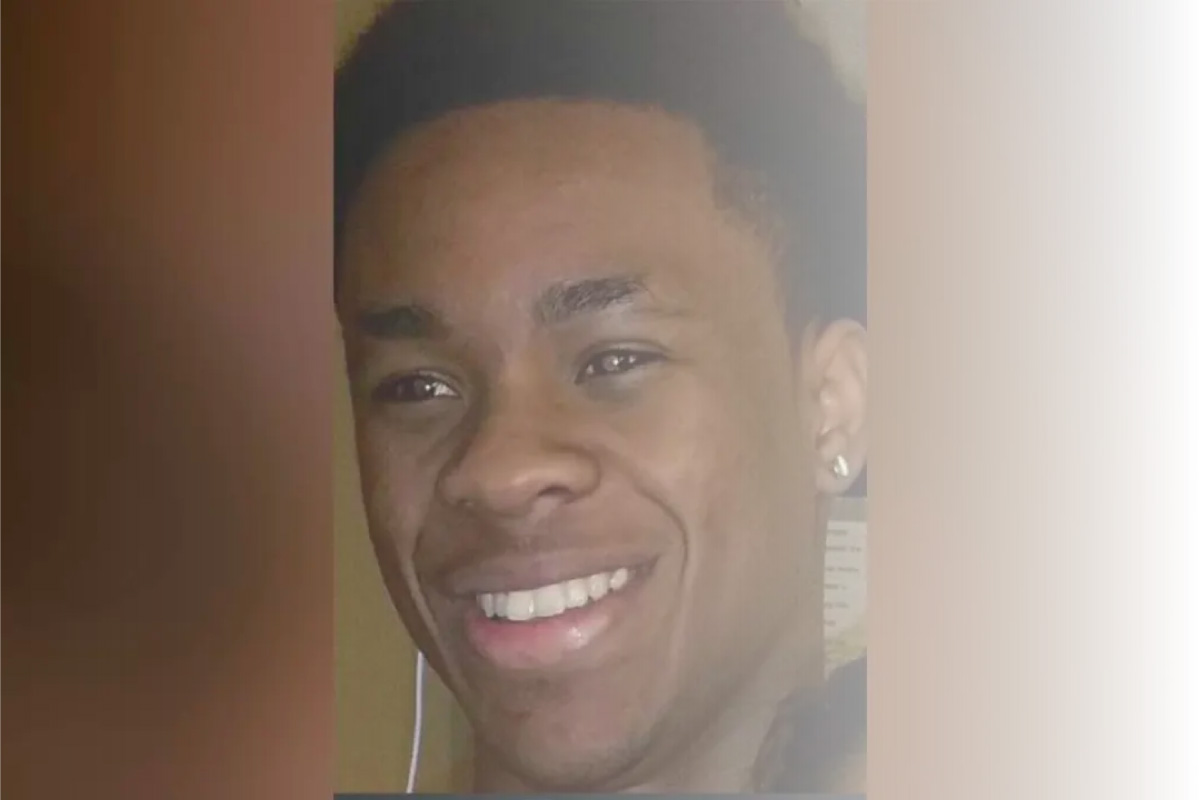BROADER HORIZONS
February 2022

Black History Month is 28 days. Critical Race Theory is year-round.
If you heard of critical race theory (CRT) last year, there’s a good chance it was the white noise of moral uproar on the matter that caught your attention. What is more deserving of our attention, however, is the purpose of CRT.
Why are we examining that purpose now? Because CRT-related efforts ensure that we recognize the Black experience beyond Februarys.

From Between the Lines to Front and Center: What is CRT?
Like the theory in its name suggests, CRT grew from a rigorous approach to university-level scholarship. But proponents are not scheming to bring radical college lectures to your elementary schoolers.
Rather, proponents are striving to create learning environments – through efforts like faculty training and access to more diverse literature – that are optimal for students of any background. In doing so, we align with the idea at CRT’s core: that a comprehensive understanding of America requires us to honestly examine race and slavery’s role in the formation of our political, economic, and social structures.
READ: A Lesson on CRT | American Bar Association

When Misinformation Becomes Law
Severe pushback of CRT comes from a perception that structural racism – racism on a larger scale than individual prejudice – is a divisive, blame-driven concept. Some lawmakers even declare that CRT teaches children to hate America.
But whether blame or hatred joins the conversation is up to each of us, given that fundamentally, CRT teaches us how to more accurately see America for the exploitation it was built on and what it may still harmfully perpetuate.
This fear has fueled wide-reaching attempts at legislative suppression – from challenging the instructional use of Ruby Bridges’ autobiography and other Black-written books to “curriculum transparency” and outright bans
on lessons related to CRT. As history corroborates, the gateway to a fairer, more prosperous future for all has yet to be unlocked by academic censorship.
Interested? These podcasts dive deeper:
LISTEN: The Debate Over CRT | NYT’s The Daily
LISTEN: The Battle Over Teaching CRT | NPR
LISTEN: CRT on Education and Mental Health | Theory of Change

Confronting the Past for a More Equitable Future
As parents, relatives, community members, and professional communicators, we have the power to limit disinformation and to understand complex issues like CRT before speaking on it.
45 Books For Teaching Children about Black History
READ: Profound Impacts of the Anti-CRT Movement | Scientific American
READ: A Highschooler’s Account of Learning ‘CRT’ | Washington Post

A Spotlight on Black Health and Wellness
This year’s Black History Month theme, Black Health and Wellness, helps pay tribute to important medical pioneers like James McCune Smith and institutions like Howard University College of Medicine. But it’s especially pertinent given the COVID-19 pandemic disproportionately affects Black communities.
Mental Health is an essential part of the story. In an effort to combat the barriers to treatment and healing, the Loveland Therapy Fund provides financial assistance to Black women and girls seeking therapy nationally.
Consider donating and learn more about the Loveland Foundation
Learn More
Remembering Amir Locke
At just 22 years old, Amir Locke’s life was cut devastatingly short at the hands of Minneapolis Police. In honor of his life and in support of his family and friends, consider donating to his memorial fund.
“Like the case of Breonna Taylor, the tragic killing of Amir Locke shows a pattern of no-knock warrants having deadly consequences for Black Americans,” says attorney Ben Crump.
Read MoreBroader Horizons' Monthly Bulletin
Where national topics meet local Twin Cities restaurants, shops, and events.
Here’s just a sample from MSP Mag’s essential, ultimate list of Black-owned Twin Cities businesses:
RESTAURANTS
RETAIL
WELLNESS
EVENTS
Feb. 26 – First Annual Black History Month Fashion Show @ Underground Music Venue
UNMISSABLE MISCELLANY
READ: Why is February Black History Month? | NPR
6 Things for Kids to Watch This Black History Month
Black History Month Spotify Playlist | The Wright Museum of African American History
~Mystery Article of the Month~
Back to Home